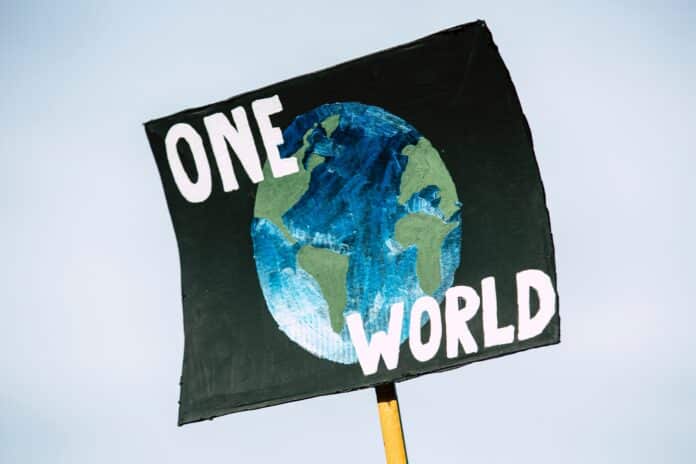Introduction
Climate change and humanitarian aid are two of the most discussed issues in recent years and requires urgent solutions.
That is why it is extremely important to involve the new generations, because they will have to deal with the serious consequences caused by these phenomenons.
For this reason, on 15 November 2022, the commissioner Janez Lenarčič led a conference attended by 14 young participants from all over Europe.
There were 12 participants between 18 and 28 years old that were selected via their personal interest and global concern towards humanitarian affairs. They were joined by two representatives of the European Youth Forum.
The conference allowed to create a moment of discussion about the impact that climate change has on our lives.
Young people were able to express their views, proposing alternatives and solutions to this problem.
If you missed the event, read on and learn how to watch the conference video.
The aims of the dialogue
This event took place as part of the European Year of Youth, which aimed to engage young people in building a greener, more inclusive and digital future for Europe.
Throughout this conference, the participants engaged focused particularly on humanitarian aid on a global scale, matters related to Ukraine, and the adaptation to climate change to cater to the needs of the younger generation.
Their input and concerns were very useful, as they play a pivotal role in ensuring the ongoing delivery of EU aid, with special emphasis on providing consistent support to those in the greatest need.
The topics of the discussion
The outcome of the event can be summarised as follows:
- Increase EU humanitarian aid funding to keep up with the consequences of crisis both on the European level and globally. Address food security at global level and the special needs of young people during crisis. Facilitate structural changes to tackle the root causes of crises. In international fora, advocate for an increased cooperation with Member States and other organisations. Tackle refugee needs at the EU level addressing situations in border regions.
- Prioritize education in emergencies and boost youth participation in societies, with an increase in the allocation of humanitarian funds to education (above the current 10% objective). Recognise the significance of education for the development of countries affected by a crisis. Address the importance of teachers’ resilience in crises with more training, more budget and more healthcare in emergencies.
- Prepare for the future with relevant solutions of climate change consequences. Learn to better tackle climate change effects with the use of science and innovative technologies. Strengthen prevention, preparedness and emergency response by including climate adaptation measures, compensations for countries at risk, stronger collaboration with EU national authorities.
- Consider the creation of a permanent youth panel on humanitarian issues
The Video Resume
The event was very useful and allowed to draw some food for thought for future decisions on these issues.
If you want to learn what more about the event you can view the video resume on the official website.
Read also




